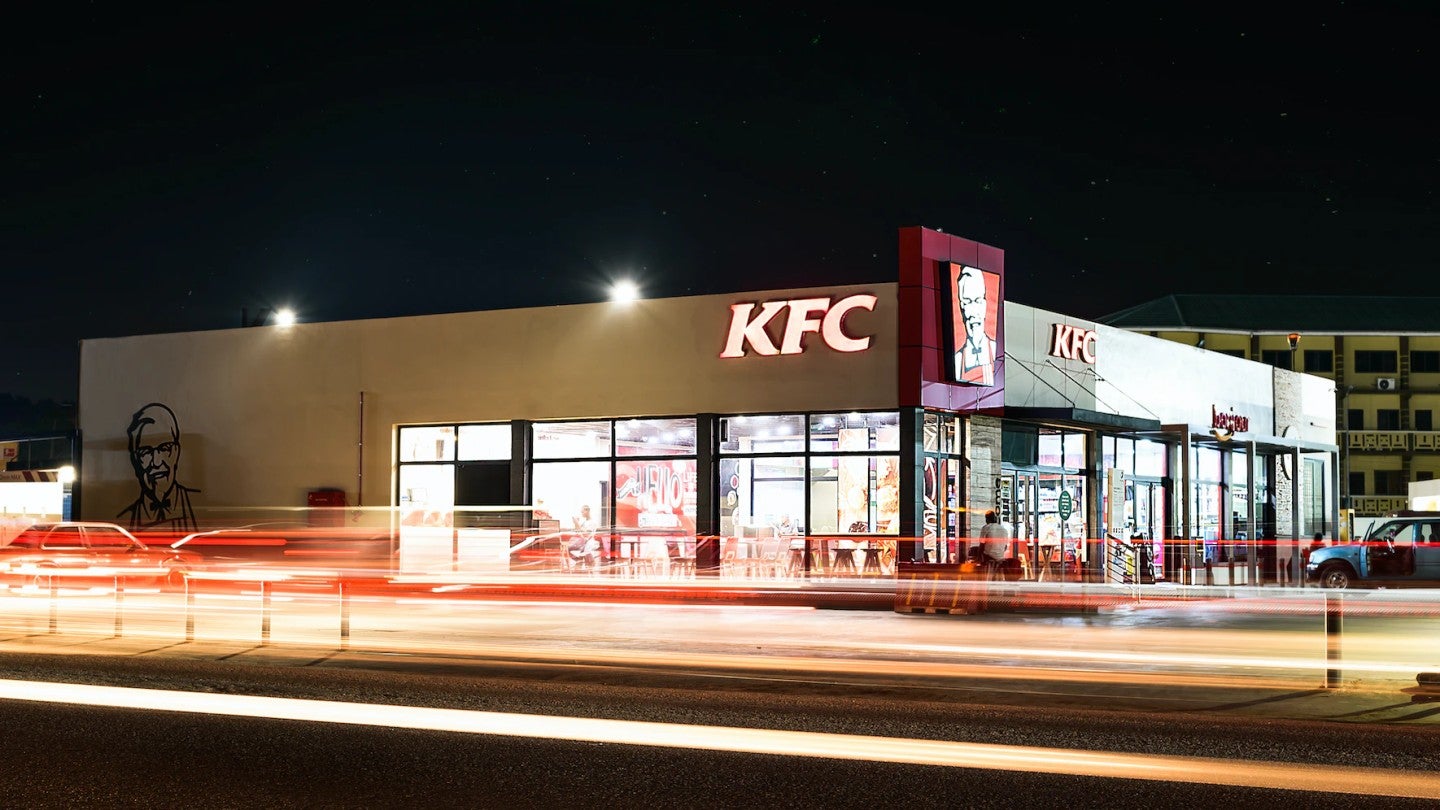
KFC’s deal to exit the Russian market was delayed for months after a US sanctions authority issued an “exit tax” for the departing foreign companies.
KFC, a subsidiary of Yum! Brands, is one of the companies that decided to exit the Russian market after Russia’s invasion of Ukraine.
The owner of the master franchise in Russia told Reuters that the comment on the exit tax came at a time when KFC’s deal to exit the Russian market was on the verge of completion.
According to Unirest legal department head Sergei Levin, the initial delay in KFC’s exit was caused by new demands from Moscow in December 2022, which led to the involvement of the US Office of Foreign Assets Control (OFAC).
The US OFAC office issued compliance guidance to inform the industry regarding the exit tax in the form of frequently asked questions (FAQs) on 24 February 2023.
The FAQs were issued while the negotiations on KFC’s exit deal were underway.
In April of this year, Yum! Brands announced its decision to exit Russia by transferring its master franchise rights to a local franchisee, Smart Service.
This acquisition by Smart Service, which is led by Russian businessmen Konstantin Kotov and Andrey Oskolkov, involved Yum! Brands selling all Russian KFC restaurants, operating systems, master franchise rights and the trademark for Rostik’s brand.
Levin, who also handles the former assets of Yum! Brands in Russia, said: “The process of finding a buyer and agreeing the basic conditions took some time. When the basic conditions were agreed, a rule appeared that the sale of shares should be agreed with the relevant (government) department.”
Levin said that after buyers for this deal were approved, the brand was required to fulfil another budget contribution requirement, termed “exit tax”, causing months of delay in the deal’s completion.



